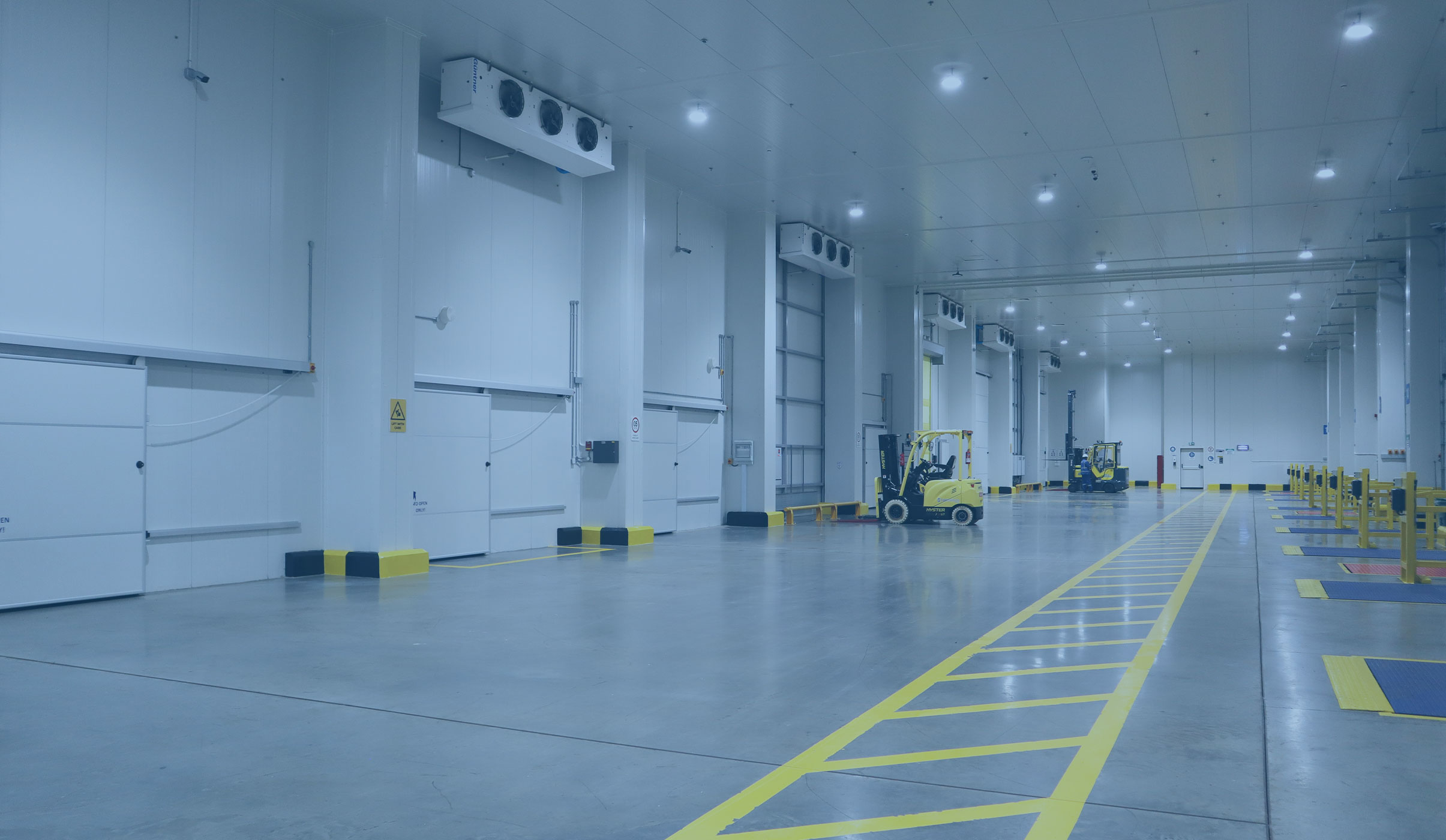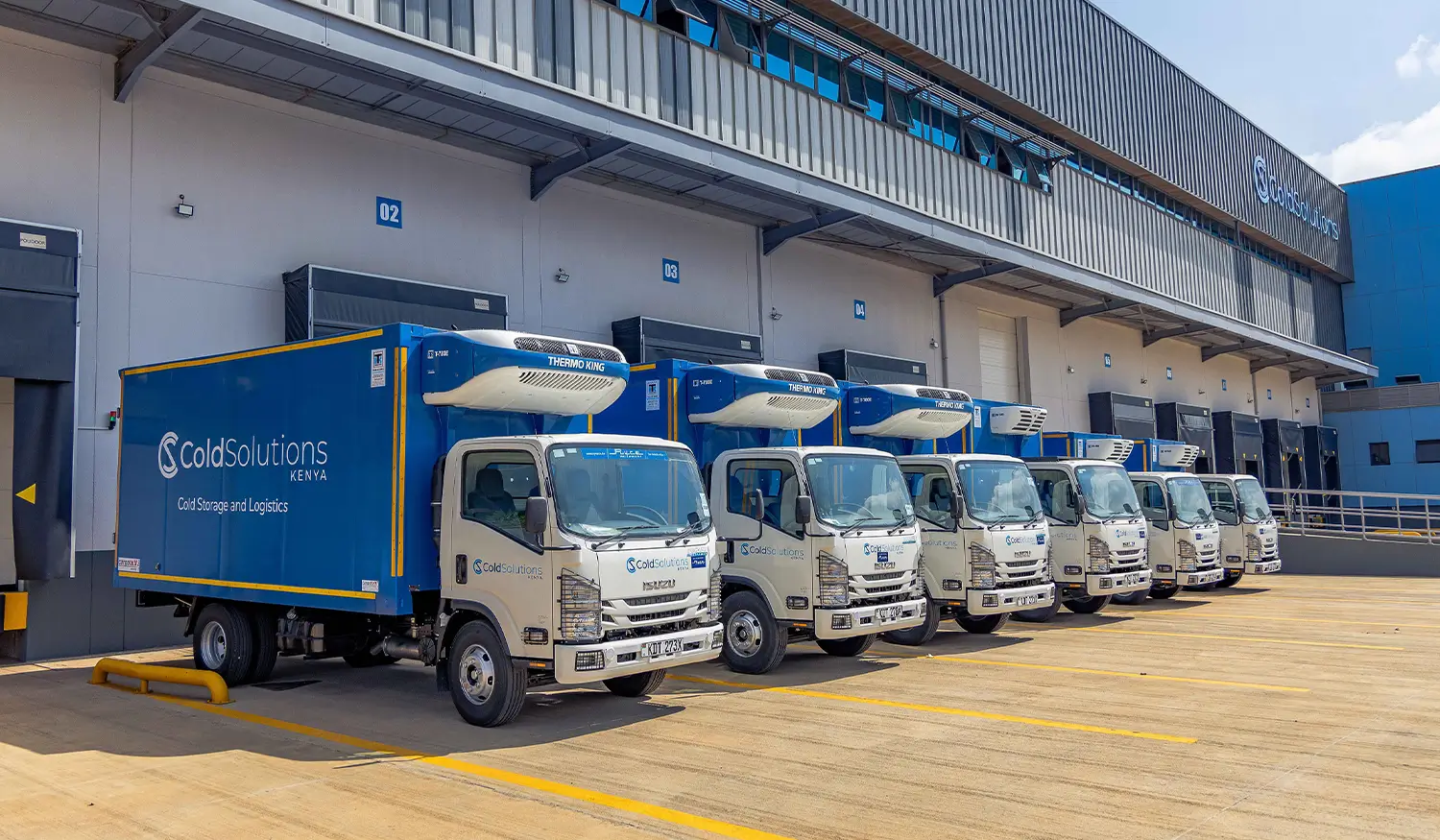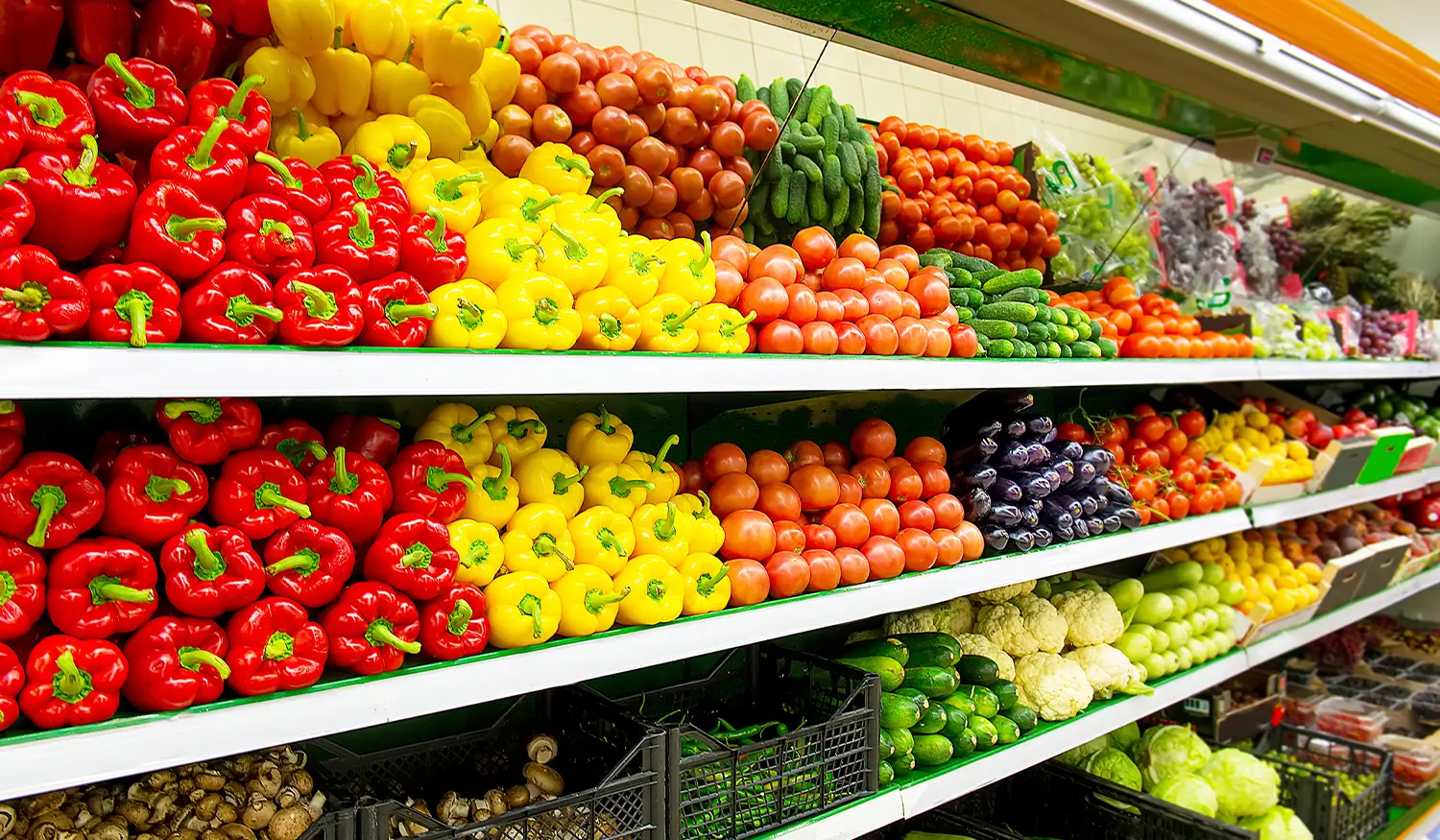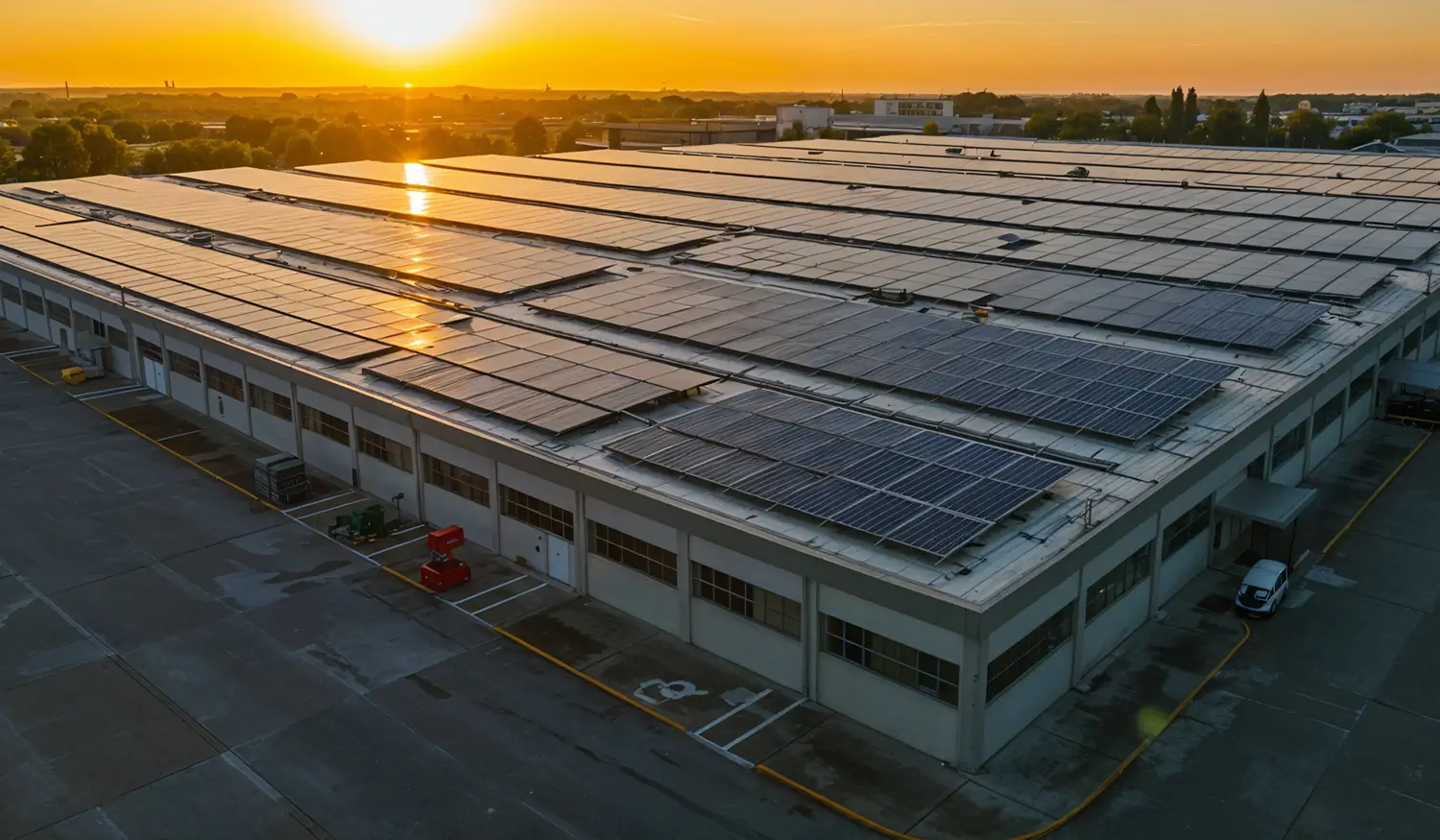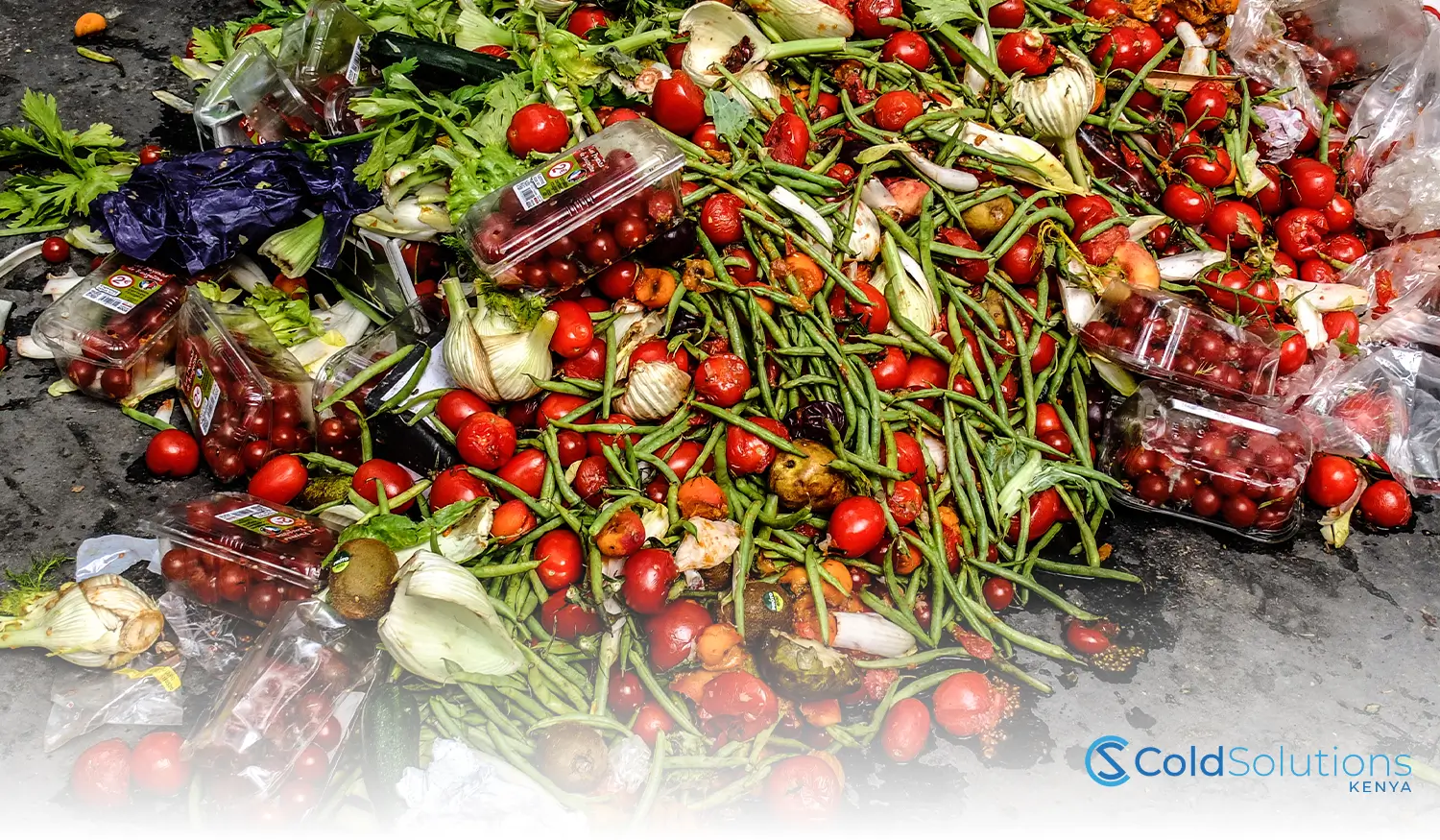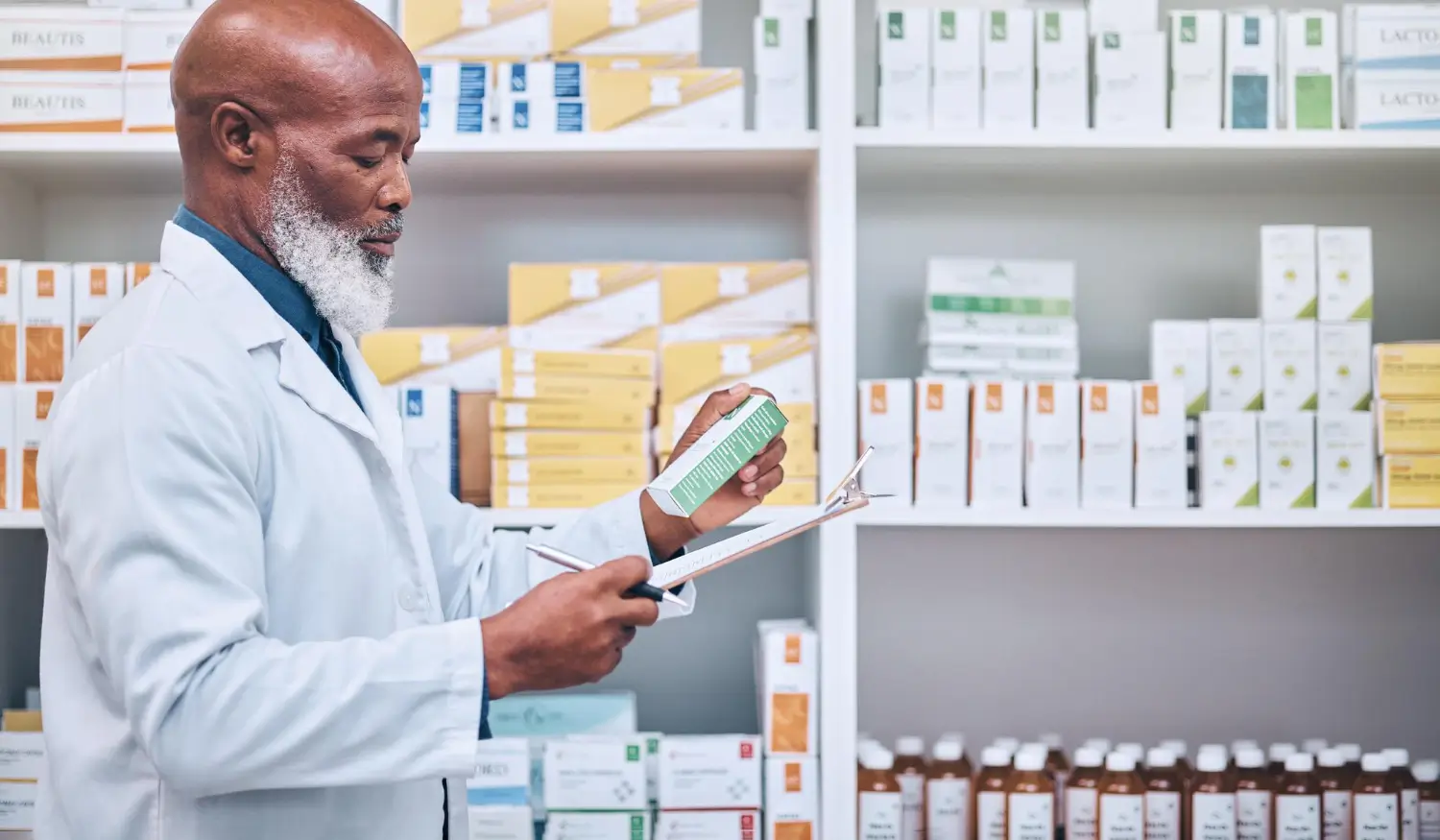
In the pharmaceutical industry, where products can mean the difference between life and death, maintaining the integrity of medicines, vaccines, and medical devices is paramount. The temperature-controlled storage for pharmaceuticals and ambient cold storage for the pharmaceutical supply chain are critical to ensure products are stored, transported, and delivered under the right conditions.
With rising demand for life-saving drugs, vaccines, and medical devices, the importance of robust storage solutions in safeguarding public health has never been greater.
What Is Cold Storage for Pharmaceuticals?
Cold storage refers to specialized facilities that maintain low temperatures usually between 2°C and 8°C, with some products requiring even colder conditions. This type of storage is essential for vaccines, biologics, insulin, and other temperature-sensitive products to maintain their stability, potency, and safety.
What Is Ambient Cold Storage in Pharmaceuticals?
Ambient cold storage in pharmaceuticals refers to controlled storage environments where medicines and medical devices are kept at stable room temperatures, typically between 15°C and 25°C.
It is specifically designed for products that do not require refrigeration but still need protection from temperature fluctuations, humidity, and direct sunlight.
Examples of products requiring ambient cold storage include:
- Tablets and capsules
- Syrups and suspensions
- Diagnostic kits
- Surgical instruments and medical devices
This storage ensures medicines maintain their efficacy and shelf life without unnecessary refrigeration costs.
Key Features of Reliable Storage Facilities
Our facilities are equipped to handle both cold storage for pharmaceuticals and ambient cold storage for pharmaceuticals, with features such as:
- Advanced Refrigeration and Ambient Control Systems: Maintaining consistent storage ranges for both cold (2°C to 8°C or lower) and ambient (15°C to 25°C).
- Real-Time Monitoring: IoT-enabled sensors and data loggers track temperature and humidity levels 24/7, providing alerts in case of deviations.
- Redundancy Measures: Backup power systems and storage units ensure continuous operation during power outages.
Enhancing Traceability Across the Supply Chain
Traceability is critical in the pharmaceutical industry. Technologies such as RFID, blockchain, and advanced warehouse and transport management systems (e.g., Dovetail WMS/TMS) provide complete visibility, helping reduce risks like theft, counterfeiting, or loss.
These tools ensure product integrity from manufacturer to patient.
Regulatory Compliance in Cold and Ambient Storage
At Cold Solutions Kenya, we are authorized by the Pharmacy and Poisons Board (PPB) to import, store, and re-export pharmaceuticals in transit.
We comply with stringent standards, including:
- Good Distribution Practices (GDP)
- Good Manufacturing Practices (GMP)
- WHO and FDA guidelines
Regular validation ensures both cold storage for pharmaceuticals and ambient cold storage for pharmaceuticals meet the highest safety and quality standards.
Overcoming Last-Mile Delivery Challenges
The last mile is often the most challenging stage of pharmaceutical distribution. Solutions include:
- Specialized Packaging: Insulated boxes and phase-change materials.
- Localized Distribution Hubs: Reduce transit times and risk of temperature excursions.
- Innovative Transport: Drones and electric vehicles with portable storage units.
Innovations Shaping the Future
Technological advancements are transforming pharmaceutical storage:
- AI and Predictive Analytics: Optimize logistics and prevent equipment failures.
- Renewable Energy: Solar-powered cold storage units for sustainable operations.
- 3D Printing: Customized insulation and components for faster deployment.
Collaboration for Safer Supply Chains
Adequate pharmaceutical storage requires collaboration between manufacturers, logistics providers, regulators, and healthcare professionals. Open communication ensures that issues like temperature excursions or delays are resolved quickly.
Comprehensive Cold and Ambient Storage Solutions for Public Health
Cold and ambient storage in the pharmaceutical industry is more than a logistical necessity; it safeguards lives. At Cold Solutions Kenya, we combine infrastructure, regulatory compliance, and innovation to ensure the integrity of every product.
Whether maintaining the potency of vaccines through cold storage for pharmaceuticals or preserving everyday medicines with ambient cold storage for pharmaceuticals, we are committed to safeguarding public health, one shipment at a time.
Frequently Asked Questions (FAQ)
What is cold storage for pharmaceuticals?
Cold storage refers to controlled facilities that keep temperature-sensitive products like vaccines, biologics, and insulin at 2°C–8°C (or lower if required) to maintain their potency and safety.
What is ambient cold storage in pharmaceuticals?
Ambient cold storage in pharmaceuticals maintains stable room temperatures between 15°C and 25°C for products such as tablets, syrups, diagnostic kits, and medical devices that do not require refrigeration.
Why is ambient storage important in the pharmaceutical industry?
Ambient storage protects products from humidity, heat, and light exposure, ensuring medicines remain safe and effective without the cost of refrigeration.
Which pharmaceutical products require cold storage?
Vaccines, biologics, insulin, and certain specialty medicines require cold storage to prevent degradation and preserve their effectiveness.
How do companies ensure compliance in pharmaceutical storage?
Facilities must comply with Good Distribution Practices (GDP), Good Manufacturing Practices (GMP), and regulatory standards from bodies like WHO, FDA, and Kenya’s Pharmacy and Poisons Board (PPB).
What technologies improve cold and ambient storage for pharmaceuticals?
IoT sensors, blockchain, RFID tracking, AI-driven monitoring, and renewable energy solutions enhance traceability, compliance, and efficiency.
What are the challenges of last-mile delivery in pharmaceutical cold chain logistics?
Maintaining stable temperatures during transport, especially in regions with poor infrastructure. Solutions include insulated packaging, localized hubs, and innovative delivery methods like drones.

